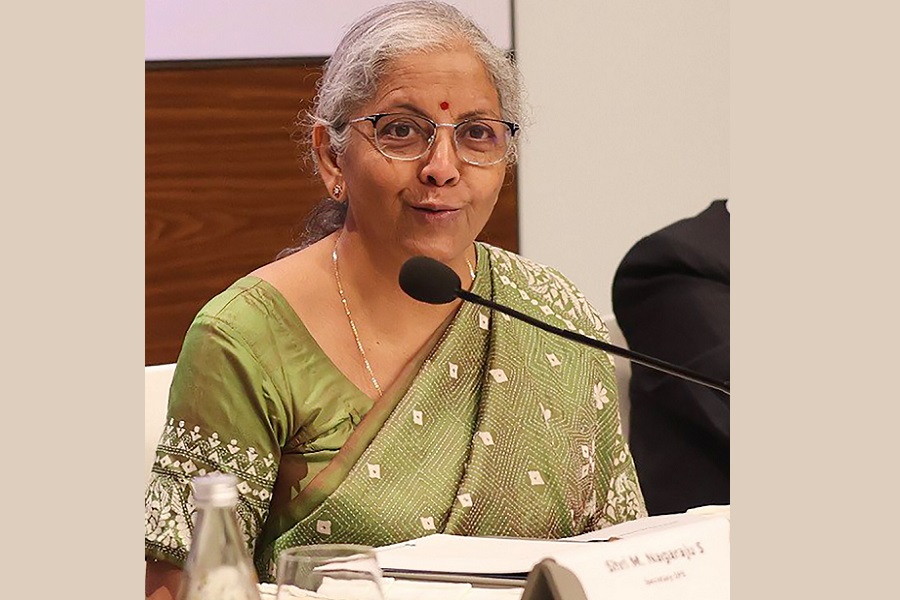How to Teach Kids About Money and Wealth

Teaching kids about money isn’t just about helping them save their allowance — it’s about giving them a lifelong skill. Financial awareness starts young, and the earlier children understand the value of money, the smarter their financial choices will be as adults.
Start with the Basics
Begin by explaining where money comes from. Kids should know that money is earned by working, not just something parents withdraw from an ATM. Use simple examples, like doing chores to earn a small reward, to help them connect effort with income.
Encourage Saving Early
Introduce the habit of saving. A clear jar or a digital savings app can help kids see their money grow. Encourage them to set small goals, like saving for a toy or a book. When they reach their goal, they’ll understand patience and the satisfaction of saving over time.
Teach Smart Spending
Once they start earning or receiving pocket money, teach them to divide it into categories — spending, saving, and sharing. This helps kids learn balance: enjoying their money, planning for the future, and helping others.
Explain the Value of Investing
For older kids and teens, introduce simple investing concepts. Explain how money can grow through interest or investments like mutual funds. You can even simulate investments using mock portfolios to make learning fun and practical.
Be a Financial Role Model
Children learn most by observing. Let them see you budgeting, comparing prices, or saving for a goal. Talk openly about money decisions — not in a stressful way, but as a normal part of life.
Make It Interactive
Games and activities can make financial lessons engaging. Use board games like Monopoly or The Game of Life, or let them manage a small budget for a family event to apply what they’ve learned in real life.
Focus on Mindset, Not Just Money
Teach kids that wealth isn’t only about how much money they have, but how they manage it. Emphasize values like patience, discipline, generosity, and gratitude — qualities that shape not just wealthy individuals, but responsible ones.
The Bottom Line
When kids learn about money early, they’re more likely to make confident financial choices as adults. It’s not about making them rich; it’s about making them financially wise. The lessons you teach today can help them build a secure and thoughtful relationship with money for life.
























